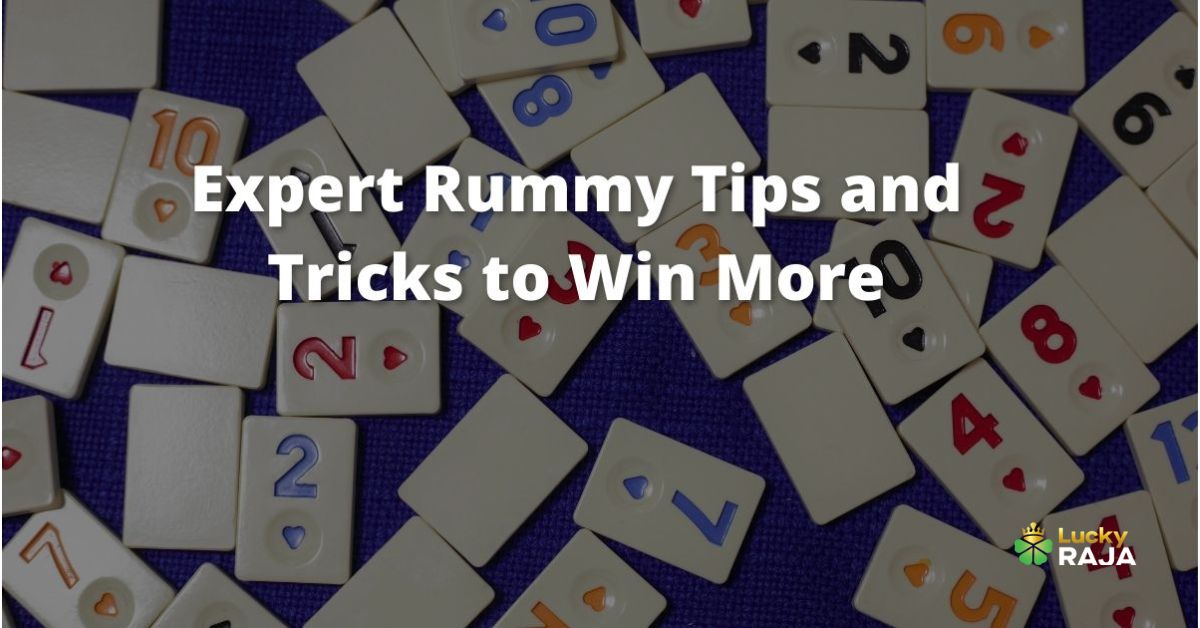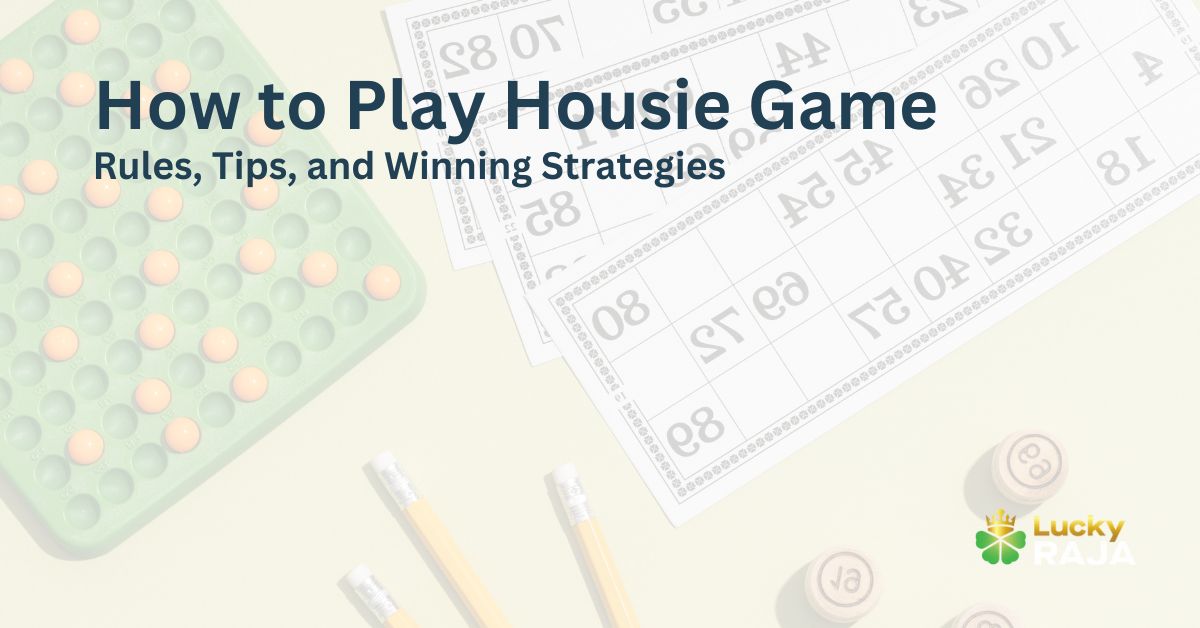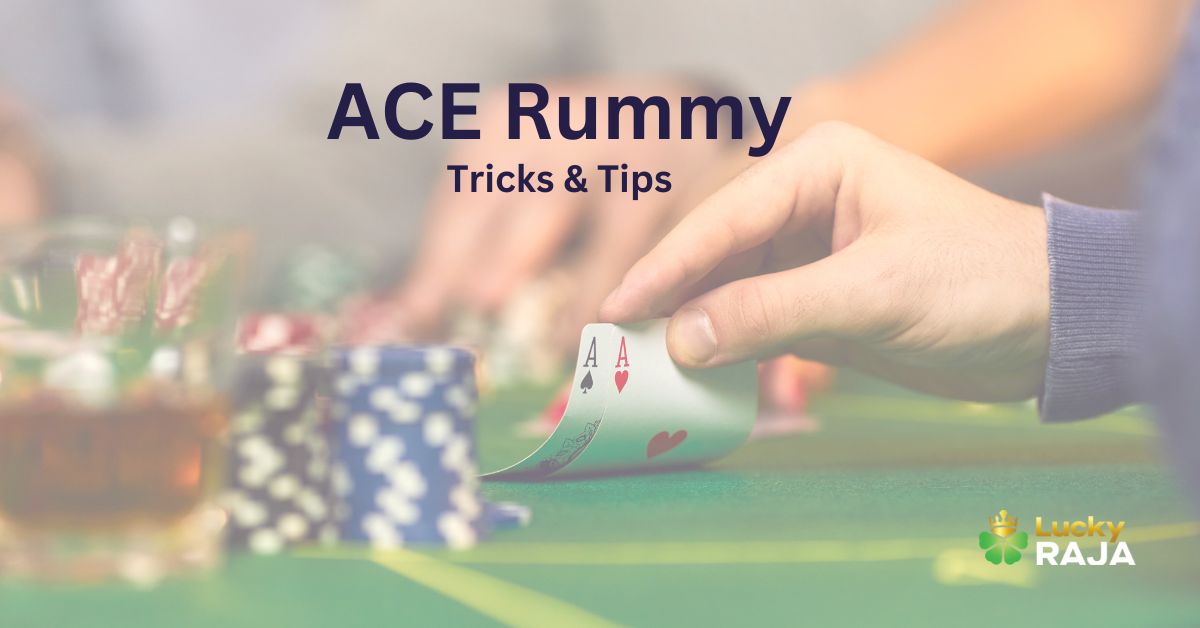Online Rummy is more than just a game of luck it's a blend of strategy, skill, and smart decision-making. Whether you're a beginner aiming to improve or a seasoned player looking for an edge, knowing the right techniques can dramatically increase your chances of winning.
This blog dives deep into the top tips and tricks that can transform your rummy gameplay. From mastering the importance of a pure sequence to strategically discarding high-value cards, these insights are designed to help you outplay your opponents and claim victory.
A pure sequence is the foundation of any winning Rummy hand. It's a combination of three or more cards of the same suit in consecutive order, without using a joker. Here's why it's crucial and how to prioritise it:
- Essential for declaring: In most Rummy variations, you cannot declare your hand as a winning hand unless you have a pure sequence. It's a non-negotiable requirement for finishing the game.
- Prioritise it: From the moment you receive your cards, your primary focus should be on forming a pure sequence as quickly as possible. All other strategies should revolve around this goal.
- Example: A valid pure sequence could be 5♥ 6♥ 7♥ or J♠ Q♠ K♠.
Jokers are the wild cards of Rummy, capable of transforming your hand from average to powerful. They can be used to replace any missing card in a set or sequence, offering incredible flexibility.
Here's how to maximise their potential:
- Valuable assets: Jokers are like gold in Rummy. They drastically increase your chances of forming winning combinations.
- Never discard: Never discard a joker, even by mistake. Hold onto both printed jokers and any that you pick up from the open deck.
- Gather more: Whenever possible, try to pick up jokers from the open pile. The more jokers you have, the greater your advantage.
- Increase your chances: Multiple jokers provide flexibility, allowing you to create more sets or sequences simultaneously.
Rummy is a game of many variations, and understanding the specific rules of the variant you're playing is essential for success. Pay close attention to how sequences are formed:
- Understand the rules: Each Rummy variation might have slightly different rules regarding sequences. Always be aware of these rules before you start playing.
- Number of cards: Some games require a minimum of three cards for a sequence, while others allow for four-card sequences as well.
- Example: Some Rummy variants allow the use of four-card sequences for both pure and impure sequences, which can significantly impact your strategy.
Many online Rummy platforms offer a 'Sort' feature – a simple tool that can dramatically improve your game. It's surprising how many players overlook this basic yet powerful function.
- Organise your hand: A cluttered hand leads to cluttered thinking. The sort option instantly organises your cards, usually by suit and rank, making it easier to assess your potential.
- Quick organisation: Time is of the essence in Rummy. Sorting your cards manually takes precious seconds that could be spent strategizing. A single click on the sort option does the work for you instantly.
- Visual clarity: A well-organised hand makes it much easier to spot potential sets and sequences. You can quickly identify which cards complement each other and plan your moves accordingly.
In Rummy, forming a pure sequence should be your top priority. Don't wait for the ideal cards to come to you – be proactive and build that sequence as quickly as possible.
- Don't wait: Rummy is a dynamic game. Don't passively wait for the perfect card to complete your sequence. Be proactive and grab cards that bring you closer to your goal.
- Pick up matching cards: Even if it means temporarily breaking a potential set, prioritise picking up cards that contribute to your pure sequence.
- Example: If you have 8♠ and 10♠, pick up a 9♠ even if you have to discard a Queen to do so. Completing your pure sequence is paramount.
Many players fall into the trap of being overly attached to their cards, hoping for that one magic card to create the perfect hand. In Rummy, however, hesitation can be costly.
- Keep the game moving: Don't dwell too long on what could be. The longer you hold onto cards unnecessarily, the slower your game becomes, and the more opportunities you miss.
- Missed opportunities: While you wait for a specific card, other valuable cards might be discarded, or your opponents could be forming their winning hands.
- Adaptability is key: Rummy requires flexibility. Be prepared to adjust your strategy based on the cards that are dealt and discarded. Don't get fixated on a particular hand that may not materialise.
In Rummy, a strategic retreat can be as valuable as a well-timed declaration. Knowing when to cut your losses and drop out of a hand can save you significant points in the long run.
- Minimise losses: If your initial hand is weak, lacking in potential sequences or sets, and carrying high-value cards, seriously consider dropping out early. This is especially true in online Rummy where the pace of the game is faster.
- Penalty system: Every Rummy variant has a penalty system for dropping out at different stages. Familiarise yourself with these penalties. Often, an early drop will incur a smaller penalty than losing with a handful of high-value cards.
- Example: Let's say the penalty for dropping out in the first round is 20 points, but if you play a weak hand and lose, you could end up with 80 points against you. Dropping early makes sense in this scenario.
Paying attention to the discard pile, both your discards and your opponents', is a fundamental skill in Rummy. It provides valuable insights that can guide your strategy.
- Strategic advantage: The discard pile is an open book, revealing cards that are no longer in play. This knowledge can help you deduce your opponents' potential hands and adjust your gameplay accordingly.
- Avoid picking up the same cards: Don't waste precious turns picking up cards you or your opponents have discarded earlier, especially if they didn't improve your hand the first time.
- Anticipate opponent's moves: By observing your opponents' discards, you can get a sense of the sets or sequences they might be trying to form. Are they discarding cards of a specific suit? Are they throwing high-value cards that could benefit you? Use this information to your advantage.
This simple visual organisation technique is used by many experienced Rummy players to prevent mishaps and speed up decision-making.
- Visual organisation: Arrange your cards by alternating colours (red and black). This creates a clear visual pattern that makes it easier to quickly scan your hand.
- Prevent misidentifications: When cards of the same suit are grouped together, there's a higher chance of mistaking one card for another, especially in the heat of the game. Alternating colors minimises this risk.
- Expert tip: Many seasoned Rummy players instinctively use this strategy, demonstrating its effectiveness in improving card recognition and reducing errors.
In Rummy, just like in a game of chess, keen observation of your opponent is a powerful weapon. By paying close attention to their moves—the cards they pick, the cards they discard you gain valuable insights that can inform your strategy.
- Gain insights: Your opponent's actions are a window into their hand and their intentions. Are they picking up a lot of cards from the open deck? They might be struggling to form melds. Are they discarding high-value cards? They might be trying to minimise their potential losses.
- Identify their strategy: As you observe, try to decipher your opponent's overall game plan. Are they aggressively pursuing a fast win, prioritising sequences over sets? Or are they taking a more cautious approach, focusing on reducing their points?
- Anticipate their needs: Based on their discards and picks, try to anticipate which cards your opponent might need. This allows you to block their moves by holding onto those cards or discarding cards that wouldn't be of use to them.
Fishing in Rummy is a high-risk, high-reward tactic that involves calculated bluffing to mislead your opponent and gain an advantage.
- Strategic discards: The essence of fishing is to discard cards that create a false impression of your hand. You want your opponent to believe that you don't need certain cards, when, in fact, those cards are crucial for completing your melds.
- Example: Let's say you need a 7 of Hearts to complete a sequence. Instead of picking up a 7 of Hearts from the open deck (which would reveal your intention), you could discard a 6 of Hearts or an 8 of Hearts. This might lead your opponent to think you're not interested in that sequence and discard the 7 of Hearts you need.
- Use with caution: While fishing can be effective, it's a risky strategy. Experienced players are more likely to see through bluffs. If your opponent correctly anticipates your hand, your strategic discard could backfire, providing them with the cards they need.
The open Joker in Rummy (the card drawn and discarded face up at the beginning) holds a significant influence over the game. Discarding cards close in rank to the open Joker is a defensive strategy that can disrupt your opponent's plans.
- Block your opponent: By discarding cards close to the open Joker, you decrease the likelihood of your opponent getting those cards to form melds with the Joker.
- Reduce their options: The open Joker can be used by any player to complete sets or sequences. By limiting the cards that can be matched with it, you narrow down your opponent's options.
- Example: If the open Joker is a 9 of Hearts, consider discarding an 8 of Hearts or a 10 of Hearts. This makes it less likely for your opponent to pick up those cards and utilize the Joker effectively.
In some Rummy variations, forming 4-card sequences is allowed, and it can be a game-changer if used strategically.
- Maximise points: The scoring system for sequences can vary between Rummy variants. Some games might award bonus points for 4-card sequences, making them more strategically valuable than 3-card sequences.
- Understand the rules: Before you start building 4-card sequences, ensure that the specific Rummy variant you're playing allows them. Some games might restrict 4-card sequences to impure sequences only.
- Strategic use: Even in games where 4-card sequences don't offer extra points, they can be advantageous. They allow you to use more cards from your hand to form melds, potentially bringing you closer to declaring.
- Minimise losses: If you're struggling to form a winning hand, prioritise discarding high-value cards.
- Reduce potential penalty: Lower the overall points in your hand in case your opponent declares first.
- Example: Cards like J, Q, K, and A often carry high points.
- Flexibility: Middle cards like 5, 6, or 7 can be used in more potential sequences.
- Keep your options open: Don't discard them prematurely unless absolutely necessary.
- Example: Holding onto a 6♥ gives you more possibilities than holding onto a 2♥ or a K♥.
- Improve your hand: If you have multiple cards of the same rank without forming a set, discard the duplicates.
- Focus on potential sequences: Keep the cards that have a higher chance of forming a run.
- Example: If you have two Queen of Hearts, discard one to open up space for cards that might complete a sequence.
While there's no magic formula to guarantee victory in every Rummy game, you can significantly tilt the odds in your favour. Rummy is a game that beautifully balances skill and strategy, but luck always has a seat at the table. Just like you can't predict the flip of a coin with absolute certainty, you can't control every card that comes your way in Rummy.
The beauty of Rummy lies in its dynamism. There's no single best strategy that works like a magic charm in every situation. Instead, the most effective Rummy players are the most adaptable ones. Imagine a seasoned chess player – they don't stick to a rigid plan but react to their opponent's moves, constantly reevaluating the board.
If there's one golden rule in Rummy, it's this – prioritise forming a pure sequence. Consider it the bedrock of your Rummy strategy, the foundation upon which your game plan rests. Why is it so crucial? In many Rummy variants, failing to form a pure sequence by the time an opponent declares can result in a heavy penalty.









-(1)__1728922086-0.png)










